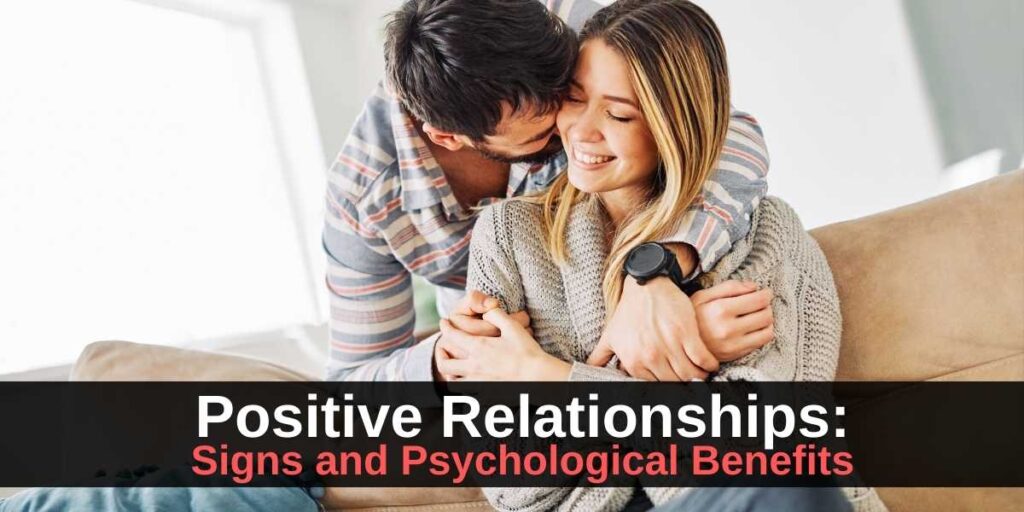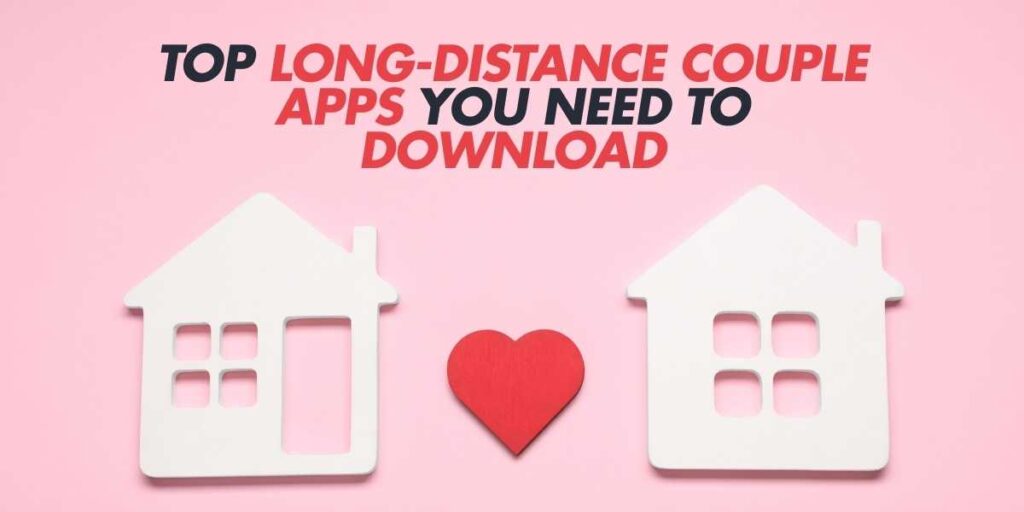Is your husband directing emotional energy elsewhere? Emotional affairs can be sneaky, gradually creeping into a relationship without explicit intentions. They often arise from close friendships evolving into deeper emotional connections. Understanding the impact and signs of emotional affairs is crucial to safeguarding the health of your marriage.
Understanding Emotional Affairs
An emotional affair is a non-physical relationship that creates a bond similar to romantic intimacy. It usually starts innocuously as a friendship and slowly morphs into a deeper connection, especially if there’s an underlying attraction. Emotional affairs can lead to emotional withdrawal from the partner, and sometimes escalate into physical relationships.
Frequent Contact and Sharing
One telling sign of an emotional affair is constant communication with the other person. This means regular texting, calling, or spending time together at unusual hours. This person might become your go-to for sharing both good news and bad, relegating your spouse to the sidelines. You find yourself excited to share life updates with this new connection over your partner.
Constantly on Your Mind
When you start thinking about this person throughout the day, it’s a clear indicator that the friendship might be slipping into emotional affair territory. These thoughts overshadow those you have about your partner, to whom you become less attentive.
Feeling Unusually Understood
You may feel that this person understands you in a way your partner doesn’t. While it’s great to feel understood, if this feeling distances you from your spouse, reassessment might be in order. Ask yourself if this connection makes you resent your current relationship or affects your intimacy.
Warning Signs to Look Out For
Inappropriate Sharing
Sharing intimate details about your life, especially those concerning your marriage, with someone else can deepen your emotional connection with that person. This sharing forms a bond that might overshadow the one with your spouse, leading to dissatisfaction in your primary relationship.
Unfair Comparisons
Comparing your partner unfavorably to the other person is a red flag. You might glorify this other person’s qualities while minimizing your partner’s traits. If you find yourself frequently doing this, it’s time to evaluate your feelings and commitments.
Secrecy and Evasiveness
Hiding your communications or meetings indicate deeper issues. You might delete messages or deny having had conversations if questioned. Ask yourself how comfortable you would be if these interactions were witnessed by your partner.
| Signs | Description |
|---|---|
| Frequent Contact | Constant communication at odd hours. |
| Intense Sharing | Prioritizing another person emotionally. |
| Secrecy | And efforts to hide interactions. |
Addressing the Situation
If you suspect an emotional affair, open communication is essential. Talk openly with your partner, addressing any emotional gaps in your current relationship. Seeking couples counseling can also be a helpful step in navigating these complex emotions effectively.
Building Stronger Emotional Bonds
Relationships thrive on connection and mutual understanding. To protect against future emotional affairs, nurture your bond with your partner. Spend quality time together, share life openly, and be attentive to each other’s needs.
Final Thoughts: While emotional affairs can be damaging, they sometimes highlight aspects of relationships that need attention. Use this knowledge to fortify your connection, ensuring that your marriage or partnership continues to grow stronger each day.





